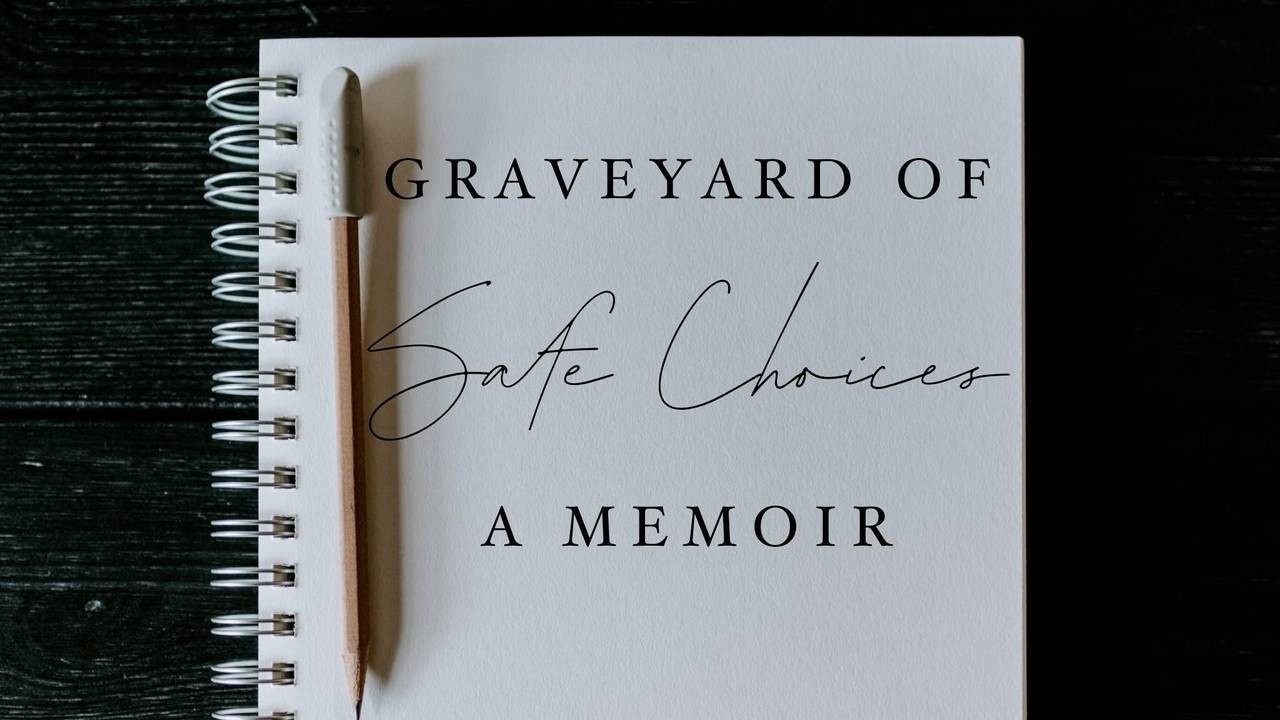Your Story Matters
The #1 Key to Writing a Memoir That Works

I once heard an editor from one of the Big 5 publishers say: “I’m looking for books that are both completely unique and exactly the same.” And she laughed.
I laughed too.
But now I've come to belie...
Don’t Read the Comments

I’ve finally arrived as a writer because now I know why they say “Don’t read the comments.”
Insert sad face.
If you’ve read my latest newsletters or you follow me on social media, you know that I h...
How long will it take to write your memoir?

If you’re contemplating writing a memoir, you might be wondering “How long will it take?” Roll your eyes if anyone tries to give you a definitive answer. There’s so much variation in the writing proce...
Writing Out Loud: Is Your Story Worth Sharing?

Is Your Story Worth Sharing?
My new book coaching clients are on fire right now! They have a story or a big idea they are burning to share with the world. We're digging in together to further focus t...
Memoir and The One Thing Rule
I handed my friend J some of my favorite books on memoir, including Mary Karr's The Art of Memoir and Beth Kephart's Handling the Truth. J was an accomplished writer already: she'd had a YA novel trad...


